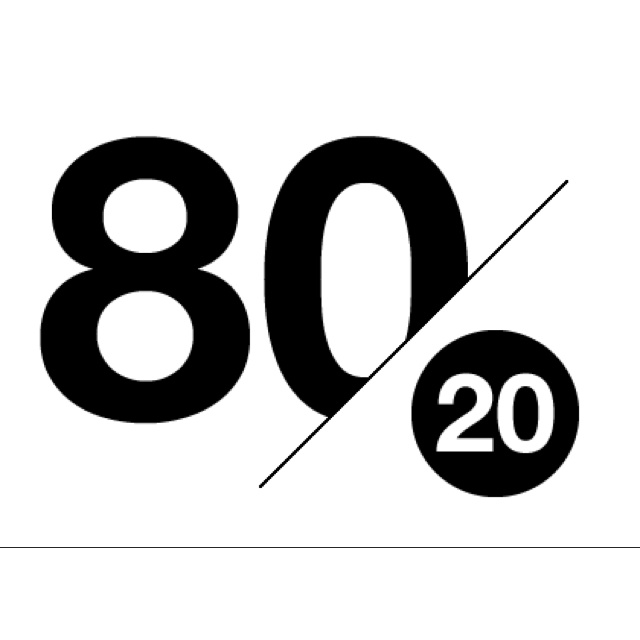Information is one of the most valuable tools for entrepreneurs. Many entrepreneurs, find themselves juggling endless business meet-ups, countless books, podcasts, mentors, industry reports, a flood of free webinars, conferences and workshops; there’s no shortage of insights that promise the “secret” to success. This now becomes a burden.
The real challenge is deciding which information deserves your time and the dilemma of the fear of missing out on opportunities.
Can Too Much Information Hold You Back?
Absolutely. When you chase every new idea or trend, you risk losing direction. Instead of implementing what you already know, you’re stuck attending the next seminar or reading the next best seller. This loop of constant learning without action keeps many entrepreneurs from making real progress.
Many years ago as a new employee going through training and orientation, our training manager mentioned something that has stuck with me. He said that too much unutilised knowledge leads to frustration; this was in response to a question on a procedure performed by managers who were two ranks above us.
It’s not that learning is bad, far from it. The danger is overloading yourself with so much that decision-making becomes harder rather than easier.
In the recent past, we’ve witnessed the rise of free webinars, seminars and workshops which have opened up global access to knowledge that was once hard to reach.
These channels can be excellent for networking, learning industry trends and sharpening your skills.
However, not all of them are equally valuable. Many of these meet-ups are designed as a hook to draw in participants before pitching a product or service.
Some of their content might also be shallow or too generic for your needs.
In short, too much input can easily cause confusion, hesitation and stagnation. Progress comes from clarity and focus, not from collecting every piece of advice out there.
The 3 Filters on How to Choose the Right Source of Information.
Evaluate where you seek for information. The three pointers below should be your bare minimum otherwise it’s not worth your time.
- Credibility.
Is the person or institution behind it trustworthy and experienced?
Imagine appearing in a group photo after holding a joint entrepreneurial workshop and the next corruption scandal headline features some of your collaborators. It’ll not only tarnish your personal reputation but that of your business too. - Relevance.
Does it apply to your industry and stage of growth? - Practicality.
Can you realistically implement what you learn with your current resources? If it’s vague or not applicable to you, it’s probably not meant for your market or it may be way above your league in terms of growth stage.
Where to Source for Trusted Business Information.
While information is everywhere, a few sources consistently provide solid value:
- Industry reports and market research: They give reliable trends and data. Credible and relevant information gives you value that guides you to map out your vision ensuring steady growth and acceleration of your business.
- Customer feedback: This is your most direct and useful insight on product validation. Your customers are your sounding board. If you are keen to separate the noise and positive criticism, they can teach you what they need resulting to customer success and steady growth.
- Mentors and seasoned entrepreneurs: There’s no need to reinvent the wheel because it is easier to build on what has been done before.The wisdom from lived experience is therefore immeasurable. Experience is more valuable than any business school. If you want proof, Sir Richard Branson, founder of the Virgin Group who started as an apprentice after dropping out of school at 16 years.
- Professional associations or trade groups: They provide sector-specific and updates. In other words, the information is relevant and saves you time and expenses such as consultation fees.
- Books and credible business publications: They offer deeper and timeless knowledge. The whole book may not be applicable to you, in every industry or stage of your venture, but a chapter can transform your business.
- Webinars and online forums: These can still be part of your learning, but cross-check their credibility before acting on them.Preferably those recommended by your mentors or professional associates.
- Current affairs and Business news: Remain alert to what’s happening around you through the media. Some news may be outside your industry but powerful external factors that affect your business.
Simultaneous Filtering of information: When to Use or Not Use New Information.
After attending top notch business forums, learnt incredible stuff, what next?
For instance, your venture maybe in iteration stage meaning there’s a great possibility of pivoting after gathering high value information. However, it cannot be used at a go.
You’ll need to apply yet another level of decluttering to shield you from information overload and distraction.
It is advisable to curate a clear list of questions based on your current needs, like illustrated below. A No means you shelf the information and stay focused on what matters most in your venture.
- Is it relevant to my stage of business? Don’t apply scaling strategies when you’re still validating your product.
- Does it align with my vision and values? Avoid shortcuts that compromise your long-term goals.
- Is it actionable right now? If not, store it for later rather than letting it distract you.
- Is it tested and credible? Prefer experience and research backed insights over unproven opinions.
- Is the topic directly relevant to my current business challenges?
- Is the speaker or trainer credible and experienced in my industry?
- Will I walk away with actionable steps or just broad theory?
If you can discipline yourself to acting on the right information at the right time, success will be inevitably and goals will be met within a shorter timeframe. Discern and use what fits your vision today, save what may help tomorrow and don’t be afraid to tune out the rest.
That’s how you keep your business moving forward with clarity and confidence.








